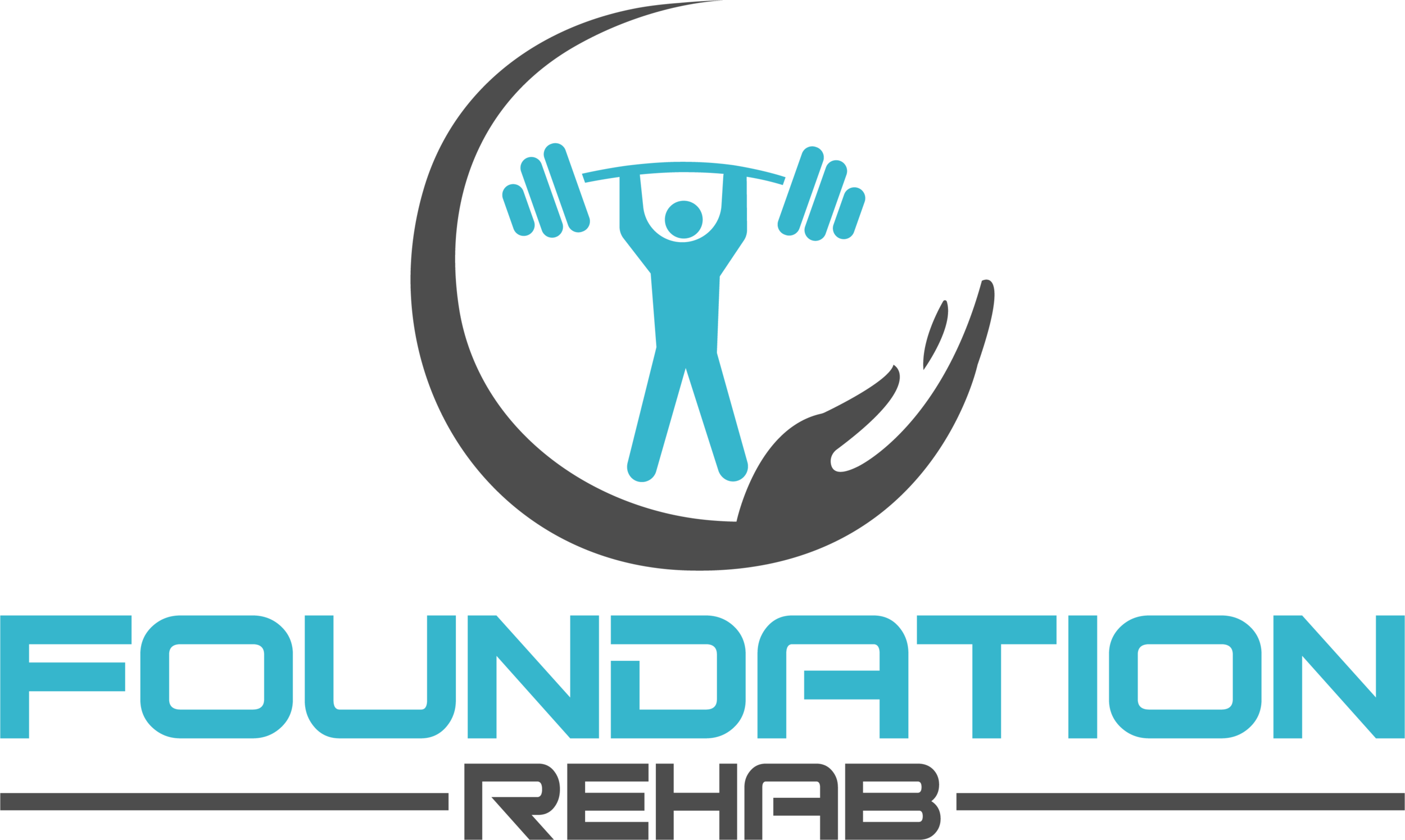Iain Harrington, Chiro
Evidence-based Chiropractor
I empower people to take back their health, teach them how to control pain & coach them toward independence so they can live a meaningful, active life.
Living With Persisting Pain or injury is Overwhelming
Click the video below to learn about my approach to joint health 👇
Learn more about your joint health by following me on social media
“I have never had such amazing care from any health practitioner. I highly highly recommend Dr.Harrington”
Hi there,
Thanks for stopping by.
Most people I talk to want the same three things from their healthcare providers.
To feel listened to.
Clear information about their condition.
Learn effective skills to self-manage & control their health condition for themselves.
Unfortunately, people aren’t getting those things.
Have you ever asked yourself:
“Why does everyone have a different explanation for my pain?”
“Why does this treatment feel like a ‘band-aid’, only masking the pain temporarily?”
“Why is no one teaching me how to manage this condition & control pain for myself?”
If so, you’ve come to the right place.
Whether you’ve been dealing with a persistent pain condition like arthritis or you’re an athlete who’s just suffered an injury like a concussion, I can help you.
-
I was 22 years old, sitting in the doctors office after having surgery on my right knee. Three weeks earlier I had torn my meniscus during volleyball practice so badly that my knee was locked at a 90 degree angle.
The doctor said the procedure had gone smoothly and asked if I was managing the pain okay. I was and my knee could move normally again. He explained what my future might look like. He said young people who have their meniscus removed have a very high risk of developing early onset osteoarthritis. He said “Don’t take up running and avoid any other high impact exercise”.
I was crushed. My whole identity up to that point was based on being an athlete and having the ability to engage in physical activity with confidence.
I began to feel like I was losing a part of myself.
After graduating from Vancouver Island University with a degree in Sport, Health & Physical Education, I applied to Chiropractic school in Toronto. I was accepted to the Canadian Memorial Chiropractic College in 2015.
There I learned what evidence-based practice was. Like three legs of a stool, evidence-based practice involves helping people using:
The best available research.
The clinician’s experience.
The patient’s values & goals.
We were taught how to critically evaluate research and how to apply those findings to better help our patients. I also used my new skills to find out if what the doctor had told me about my future with osteoarthritis was true.
He was right about one thing. That I have a good chance at developing osteoarthritis and 12 years after the injury I’m beginning to feel it. But, what I also learned was that physical activity is critical for the health of my knee - even running! People over the age of 50 with knee arthritis who run have less pain and less progression of the disease.
I learned that people living with osteoarthritis are less likely to be given lifestyle, exercise and weight loss advice compared to people who live with diabetes or cardiovascular disease. I learned that people living with persisting pain conditions are not receiving quality care. Like, some how, the health of our joints are ‘less important’.
Since my injury I’ve worked as a wildfire fighter, I’ve completed multi-day hikes in the Himalayas and finished an ultramarathon trail race.
I still deal with pain flare-ups and worrying thoughts about what my future might be like. I still have good days and bad days.
But, the education, experience and skills I’ve gained has allowed me to self-manage my knee pain with confidence. The things I've done since my injury have been some of the best experiences of my life. Had I listened to the advice I got from most of the healthcare providers I saw, I would not have had those opportunities to live a meaningful life with knee arthritis.
I’d like to empower you to do the same.
An Evidence-based plan designed for you.
To help guide my approach to joint health, I use the three pillars of evidence-based healthcare:
The best available research for your specific condition.
My clinical experience & unique skill set.
Your personal values & goals.










